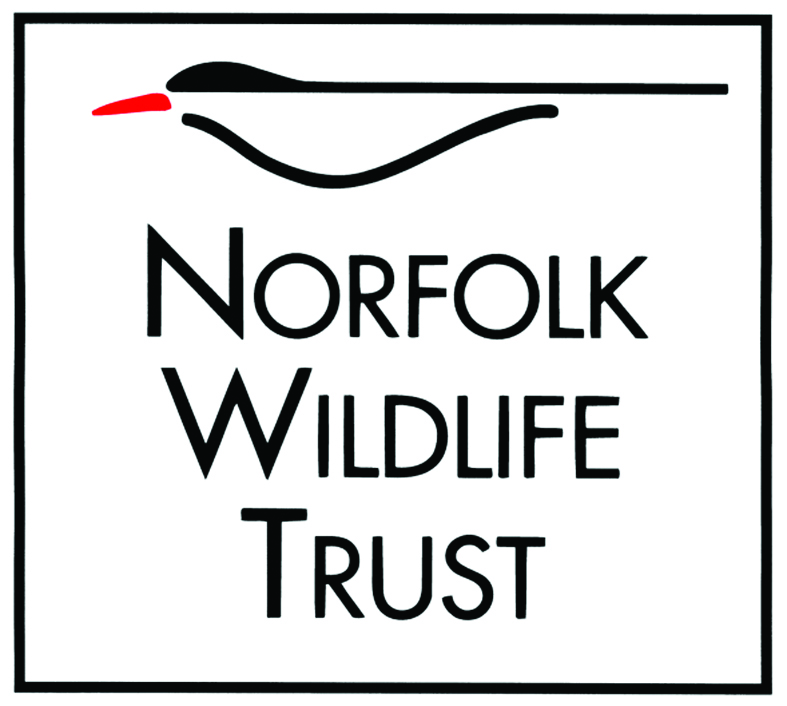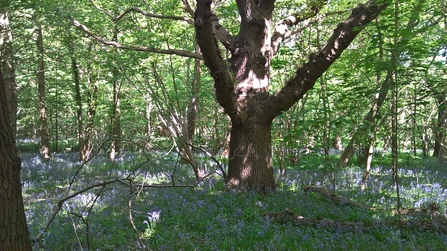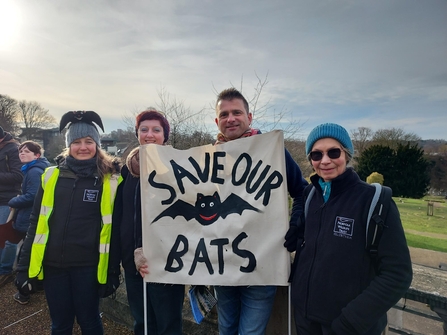We have today sent a letter to the Rt Hon Steve Barclay MP, DEFRA Secretary of State.
The correspondence calls out Norfolk MPs who are labelling Natural England's recent barbastelle bat guidance 'arbitrary' as they ask DEFRA Secretary of State to stop the report from blocking development of the controversial Norwich Western Link road.
The letter, co-signed by national organisations including The Wildlife Trusts, RSPB, The Woodland Trust, Buglife and Butterfly Conservation, calls the MP's April 2nd letter "an ill-advised and unfair attack" on the dedicated work of Natural England specialists and the main contributor to the Favourable Conservation Status report for barbastelle bats, who is a renowned expert in the species.


